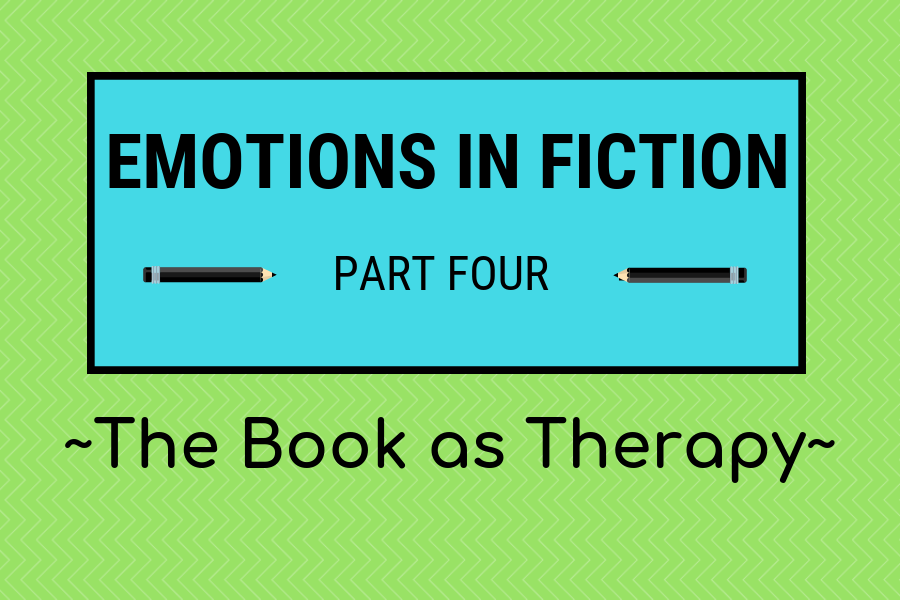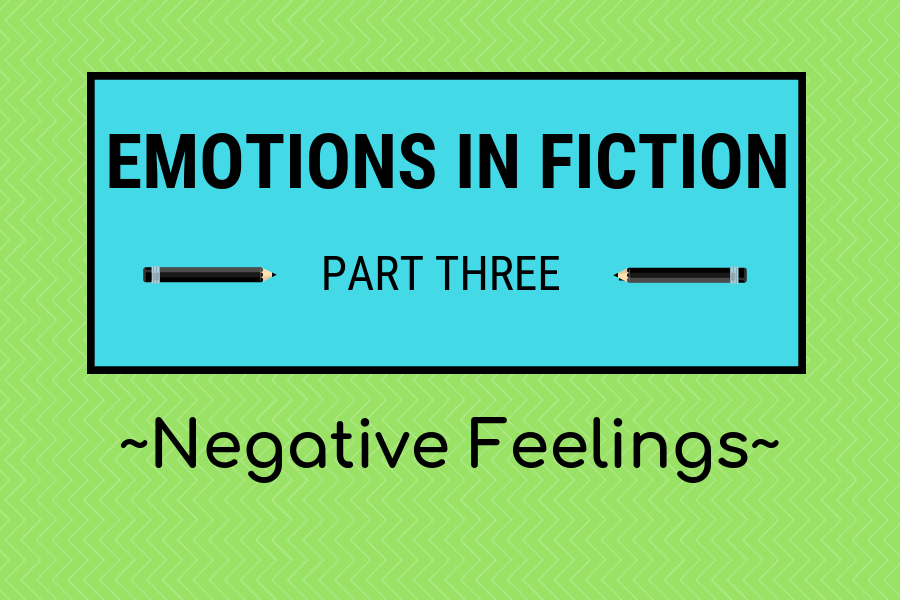Maybe you’ve heard of James A. Michener. He wrote some books. And he once said, “I’m not a very good writer, but I’m an excellent rewriter.”
Rewriting is the better part of writing, and deleting words (or “killing all your little darlings,” as Faulkner put it) is a key part of rewriting. It is a painful process at times, but some words are more easily deleted than others. Here are five that can almost always be safely and productively stricken from your fiction (except, perhaps, in dialogue):
Then
Your readers are experiencing the sequence of actions in the present (even if you’re writing in past tense). So “then” is almost always unnecessary. Replace it with “and.”
Suddenly
“Suddenly” is similar to “then.” Both the character and the reader experience everything “suddenly” (that is, in the moment), so unless you’re describing a drastic change from what was expected, it’s usually best to delete it.
Said
Dialogue tags are sometimes helpful to, well, tag whoever is speaking. But dialogue is best tagged with action (She ended the call. “We have to go.”). And if your characters and their voices are distinguishable from one another, you may be surprised at how many “saids” can be deleted, which will move things along faster and keep the reader turning pages.
That
Almost everyone overuses the word “that.” Here’s a fun game. Go through your scene or chapter, finding every “that.” If your sentence still makes sense without it, delete it. For example, “God can restore things that the enemy tried to steal” can become “God can restore things the enemy tried to steal.” I’m not saying that you can or should delete every “that,” but that you can and should get rid of many.
Up
No, not the movie. The word “up,” when appended to an action, is often unnecessary. For example, “He stood up and went to the window.” We (your readers) got the “up” part from the word “stood.” You can similarly delete “down” much of the time, but “up” is much more common.
So there you have it. Just five words. But finding and deleting these as often as possible will strengthen your writing.











